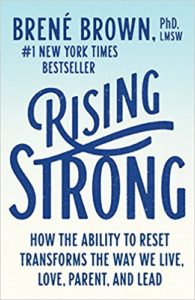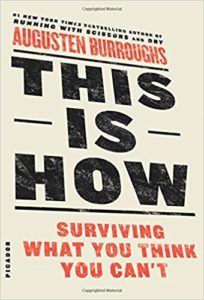The findings suggest some behaviors that may partially explain why highly self-critical people often experience poorer quality relationships and social isolation. Out of a desire to avoid rejection, self-critical individuals may mute their emotional expressions and conceal thoughts and feelings. Unfortunately, this emotional guardedness can distance others and undermine relationship intimacy and closeness.
A team of researchers from Portland Psychotherapy recently published an intriguing study that sheds light on how self-criticism can damage social relationships. Self-criticism, defined as the tendency to negatively and harshly evaluate oneself, has been linked to poorer interpersonal functioning and social isolation. However, the specific mechanisms underlying this association have been unclear. In this new study, published in Current Psychology, the research team identified some likely interpersonal behaviors through which self-criticism exacerbates social disconnection.
The researchers, Jason B. Luoma, PhD and Christina Chwyl surveyed over 300 participants from the community. They measured self-criticism along with three interpersonal variables – expressive suppression, expression of positive emotions, and self-concealment. Expressive suppression involves inhibiting the outward display of emotions. Self-concealment refers to the tendency to hide personal information perceived as negative or distressing.
The results showed that higher self-criticism was associated with greater expressive suppression, less expression of positive emotions, and more self-concealment. These relationships held even after accounting for the roles of depressive symptoms and emotional intensity. Among these variables, reduced positive emotional expression had the strongest link to lower feelings of social belonging among self-critical participants.
The findings suggest some behaviors that may partially explain why highly self-critical people often experience poorer quality relationships and social isolation. Out of a desire to avoid rejection, self-critical individuals may mute their emotional expressions and conceal thoughts and feelings. Unfortunately, this emotional guardedness can distance others and undermine relationship intimacy and closeness.
Suppressing positive emotions, in particular, may deprive self-critical people of opportunities for social connection. Expressing positive emotions promotes relationship development and maintenance. Failing to outwardly share happiness, excitement, and affection could impair self-critical individuals’ ability to form close bonds. This intriguing study thus highlights the importance of fostering positive emotional expression for self-critical people’s social wellbeing.
As the researchers note, their cross-sectional design precludes firm causal conclusions. Experimental and longitudinal research is needed to further test the study’s model. However, these results move our understanding forward by pinpointing specific interpersonal pathways that may fuel the isolating effects of self-criticism.
The findings suggest that psychotherapies which help clients express emotions openly, authentically share about themselves, and connect with positive emotions could aid self-critical individuals in building fulfilling social relationships. By targeting key interpersonal behaviors, clinicians may be able to alleviate self-critical people’s loneliness and foster a greater sense of belonging. Remediating deficits in positive emotional expression seems particularly promising based on this study. Overall, these insights enhance our grasp of how self-criticism operates interpersonally and point toward avenues for reducing its detrimental social impacts.






















